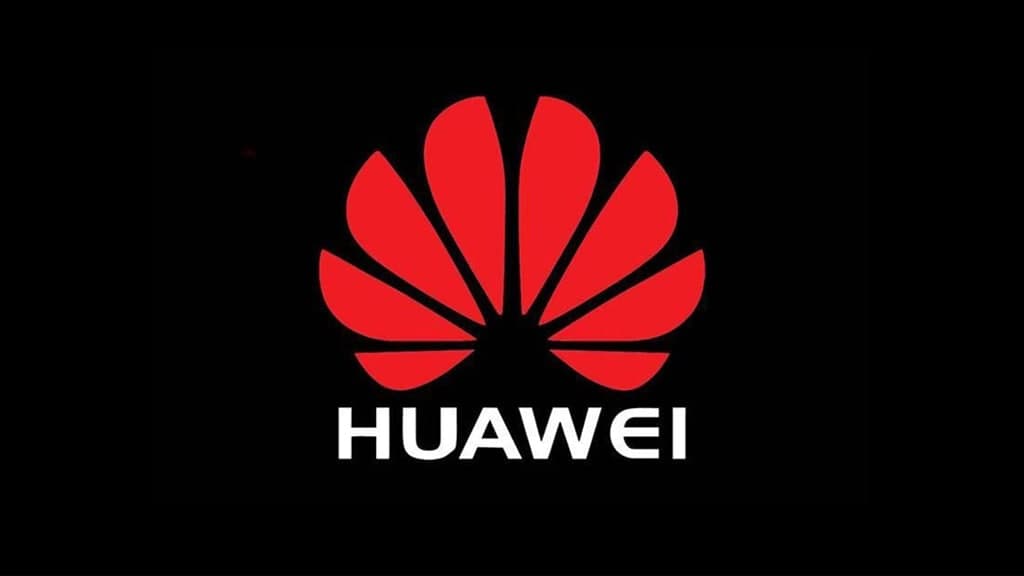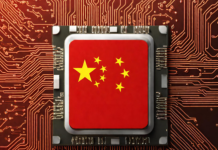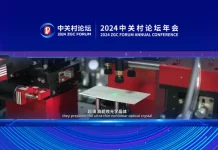A former ASML employee accused of stealing trade secrets has surfaced at Huawei Technologies, sparking concerns over how deeply Chinese firms may be trying to infiltrate the closely guarded world of semiconductor technology.
Huawei recently released a 5G smartphone with 7nm architecture as well
In February 2022, ASML, a leading name in semiconductor manufacturing technology, revealed that one of its China-based employees had taken proprietary data without permission. While the company downplayed the impact, referring to it as “one piece of a puzzle you don’t have the box for,” recent reports indicate that the same individual now works for Huawei. This could spell trouble given Huawei’s placement on the U.S. Entity List since 2019, restricting its access to advanced chip tech.

What’s unsettling is that ASML holds a near-monopoly in extreme ultraviolet (EUV) lithography machines, critical for making cutting-edge chips. Their main customer? Taiwan Semiconductor Manufacturing Co (TSMC), which used to be a big supplier to Huawei until the U.S. sanctions.
While Huawei released a 5G smartphone featuring a 7-nanometer processor in August, this chip likely didn’t benefit from ASML‘s most advanced tech, suggesting the company might be exploring alternative paths to keep its edge in chip manufacturing. This move can also be read as China’s attempt to show resilience amid U.S. sanctions.
Importantly, ASML has not been the only company to sound the alarm on Chinese firms’ ambitious activities. IP theft and talent poaching have been on the rise, with Beijing notably aiming to snag Taiwan’s tech talent, and a flurry of U.S. investigations into other Chinese companies like Innoscience. With ASML set to comply with new Dutch regulations that further limit its exports to China, Huawei’s new employment choice paints a darker picture of the complex web that’s global tech trade.
RELATED:
- Huawei Nova 11 SE’s leaked poster appears to reveal key specifications, launch imminent
- Huawei MateBook X Pro 2023 gets a £500 discount for UK customers
- Download the best GCam APK for Samsung Galaxy S23 Ultra
(Via)







